6. Across 110th Street (1972)
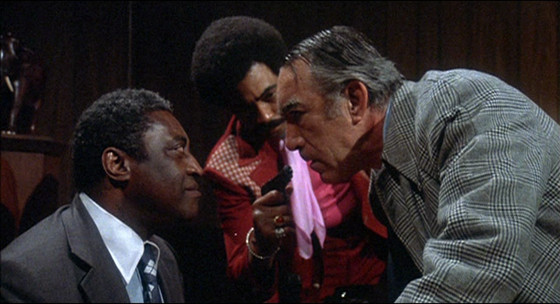
In an increasingly homogenous industry, it’s always nice to stumble upon a director who manages to capture what it means to live in a certain city — exploring its streets, places and people in their work to the point they’re forever intertwined. Much like Jean-Luc Godard and Paris, Wong Kar-wai and Hong Kong or Federico Fellini and Roma, Spike Lee has become synonymous with New York City, joining the likes of Woody Allen, Martin Scorsese and John Cassavetes in the pantheon of Big Apple filmmakers.
“I think that anyone who lives in New York, who’s spent time here, knows that it’s basically a love-hate relationship.” The director claims he wouldn’t live anywhere else, even though there’s still things about it he doesn’t like. Few films have captured the frenzied pace and dark underbelly of the city that never sleeps with such unwavering authenticity as Barry Shear’s 1972 blaxploitation film. ‘Across 110th Street’ casts an unwavering eye over New York’s racial tensions, police brutality, the Italian mafia and Harlem mob in a gritty procedural driven by survival of the fittest where any semblance of morality has long rotted away.
7. Marathon Man (1976)
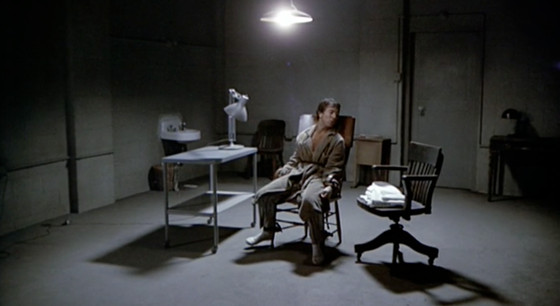
Two films by English director John Schlesinger happened to make the cut in Spike Lee’s shortlist, but rather than going with the obvious pick — his Oscar-winning ‘Midnight Cowboy’ — we’re going with the not-so-quite celebrated 1976 paranoia thriller — a film that hasn’t garnered as much praise but is now ripe for reappraisal. ‘Marathon Man’ is anchored by a nerve-racking performance by Dustin Hoffman, playing a meek history Ph.D. student who somehow finds himself in the middle of an international conspiracy involving Nazi war criminals, stolen diamonds and oil executives. Against this concoction of neo-noir elements, the film plays its cards close to the chest, putting its titular character through the proverbial wringer in what is quintessentially an almost boilerplate ‘70s thriller full of twists and turns.
Spike Lee knows a thing or two about making our skin crawl and push our buttons with his films, having a string of ultra-violent mysteries under his own belt. That he handpicked one of the hallmark entries in the golden age of New York thrillers barely comes as a surprise.
8. City of God (2002)
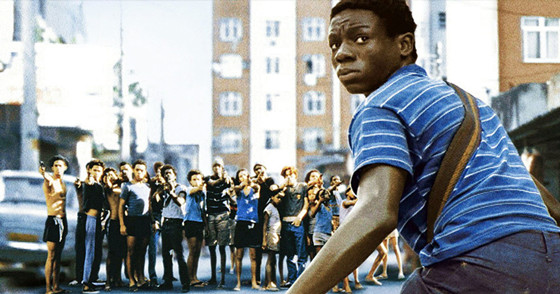
This 4-time Oscar nominee and hallmark in Brazilian cinema made rounds for its unflinching portrait of the vicious cycle of violence and corruption that surrounds the favelas of Rio de Janeiro. Twenty years on, City of God’s legacy as one the greatest films of the 21st century hasn’t dwindled one bit, with its timeless message growing more urgent with each passing day.
The film not only has drawn comparisons with Spike Lee’s ‘Do the Right Thing’ for its incisive social commentary but has also slithered into the director’s holy grail of movies. What very few fans might know is that Lee inadvertently helped set the sprawling epic in motion while filming a music video for Michael Jackson’s hit song, “They Don’t Really Care About Us”. Lee insisted on shooting in one of the most notoriously dangerous favelas in Rio and was aided by local production manager Katia Lund in mediating with a local drug lord called Marcinho, who vouched for Michael Jackson’s security. This meeting would in turn inspire Lund to co-direct ‘City of God’, a film that tells the story of two slum boys who cross paths and go on to become a photographer and drug dealer respectively — loosely basing the latter on Marcinho, who she met while under Spike Lee’s wing.
9. Yojimbo (1961)
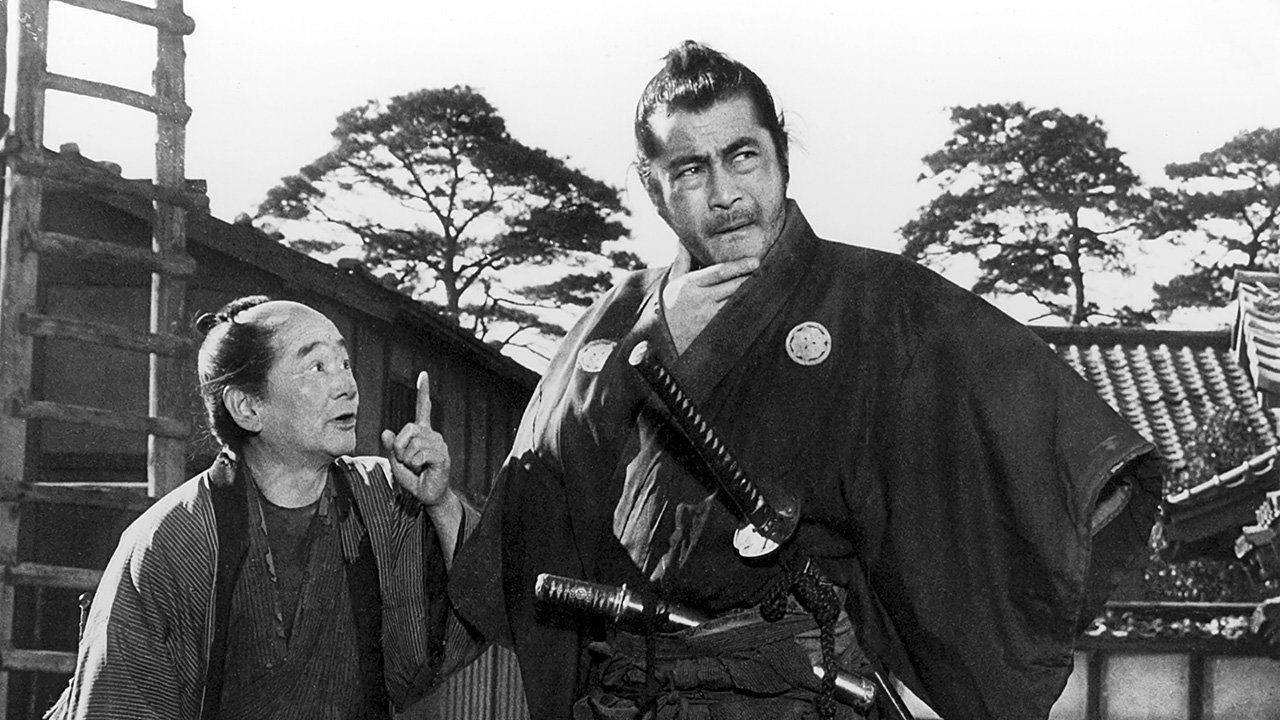
Back when he first set foot into film school in his early twenties, Spike Lee hadn’t even heard of Japanese director Akira Kurosawa. Fast forward to nearly twenty-five years later and now, as a tenured professor at NYU, one of the very first questions he throws at his students is to cite how many of his films they’ve seen.
Three of them can be found in Spike’s curated list, but for the sake of keeping the present list eclectic, we thought it best to narrow it down to just one. This meant grudgingly picking between ‘Rashomon’, a film Spike personally credits for giving him the premise for his first feature, ‘Ran’; a somber anti-war parable that’s often considered the greatest Shakespeare on-screen adaptation, and ‘Yojimbo’; a film that single-handedly flipped the samurai genre on its head and inspired Sergio Leone’s iconic Dollars trilogy. You should watch all three if you have the chance, but we recommend starting off with the latter, if only to see Toshiro Mifune’s priceless performance as a mischievous yet achingly charming ronin.
10. White Heat (1949)
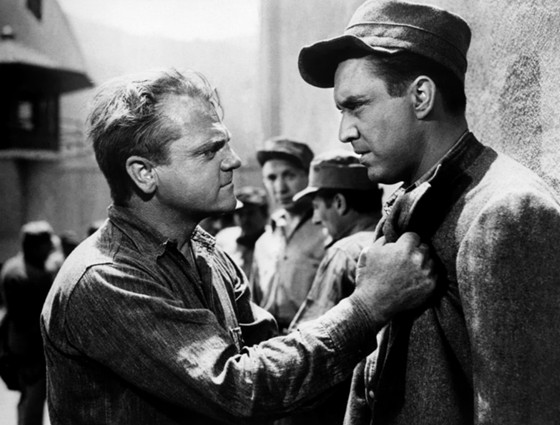
“I think people who have faults are a lot more interesting than people who are perfect.”
This Spike Lee quote can be applied to many characters in his lengthy canon of flawed leads. It’s also the main reason why Raoul Walsh’s 1949 opus feels so thoroughly fascinating to this day, almost seventy-five years on. ‘White Heat’ is many things at once; a heist thriller, a post-war gangster epic, a meticulous procedural as well as the movie that features the often misquoted but iconic line “Made it, Ma! Top of the world!”. But at its core, the film is a character study of one Arthur ‘Cody’ Jackett – a psychopathic criminal with mommy issues and a violent rage boiling underneath who fumbles himself and everyone he holds dear into chaotic predicaments.
Watching this dysfunctional human dynamo run crazy loops around his life, whether it’s hatching a train robbery, avoiding the death sentence or opening up about his feelings, makes for zero dull moments. James Cagney’s mercurial performance alone is worth the price of admission, and the iconic climax of the film will surely make the wait worthwhile.